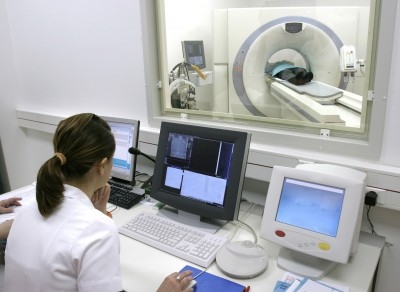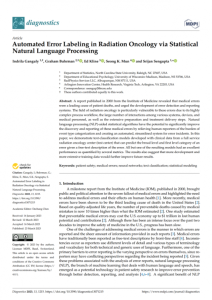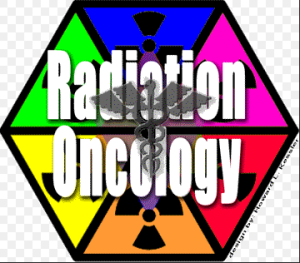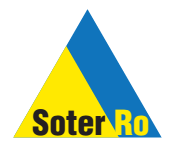ECRI Institute, an independent nonprofit that researches the best approaches to improving healthcare, published their annual “Top 10 Technology Hazards for 2012”.1 The comprehensive report examines the most pressing health technology hazards affecting patient safety.2 The number two health technology hazard named by ECRI was exposure hazards from radiation therapy and CT. ECRI states that errors occurring in the radiotherapy delivery process can have significant ramifications.3
Concerns exist surrounding radiation exposure levels received by patients as a result of CT scans. CT studies are being ordered more frequently. In addition, improper use and high dose levels contribute to unnecessary radiation exposure to patients. The study says medical imaging facilities lack regulations controlling maximum dose. Further, the majority of imaging facilities fail to perform routine measurements of CT dose.4
ECRI says there is no simple solution. However, they do make global recommendations for both radiation therapy and CT, such as audits; staffing; accreditation; QA/QC procedures; certain Joint Commission recommendations; and acceptance/commissioning of equipment meet specifications. Specific recommendations are also listed for each modality.5
1,2,3,4,5ECRI Institute (2011, November 8). Health Devices – Top 10 Health Technology Hazards for 2012. Reprint from Vol 40, Issue 11, November 2011.
Source: https://www.ecri.org/






